Assistant Principal
Katrina Spicer - Wellbeing
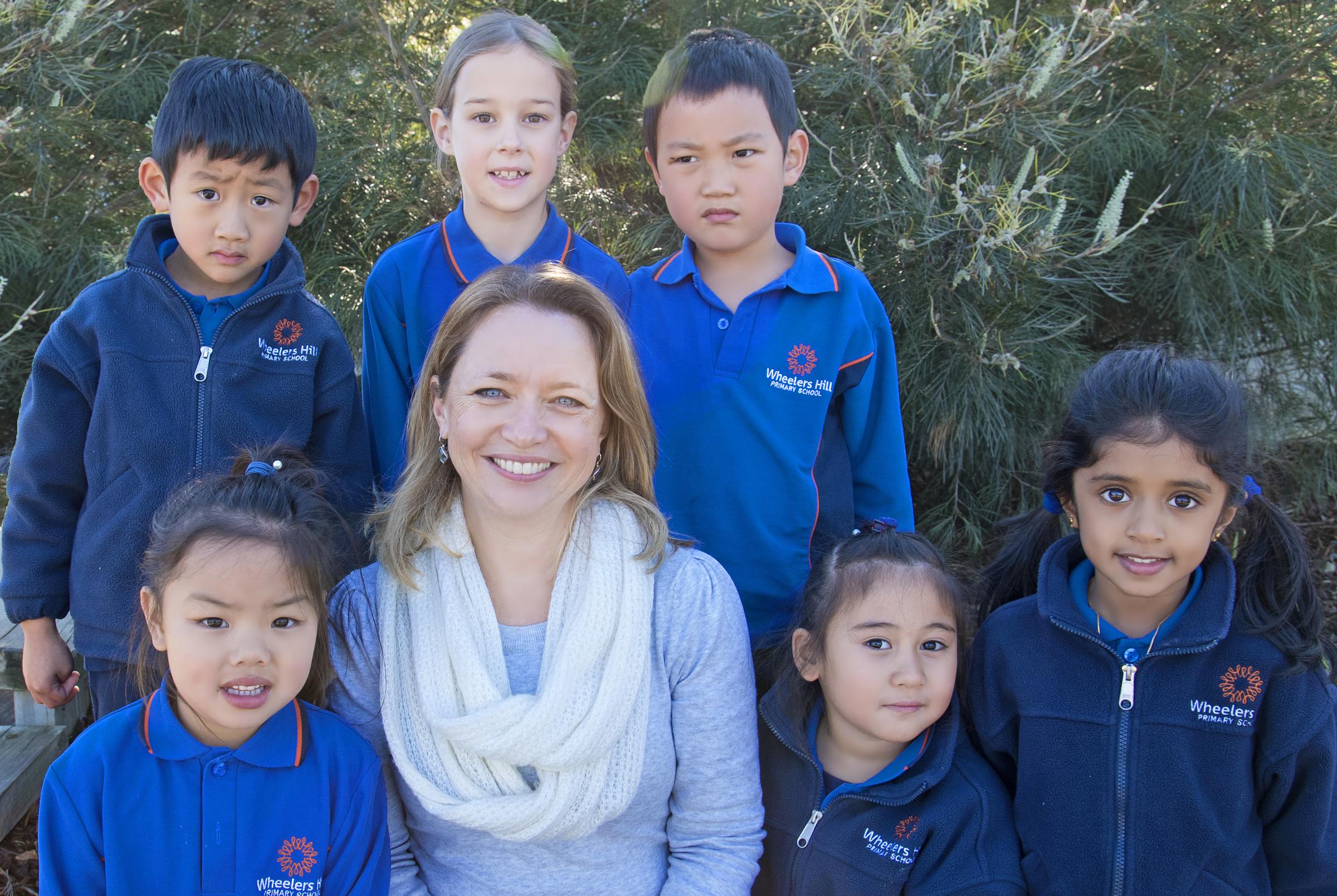
Assistant Principal
Katrina Spicer - Wellbeing
HATS - TERM 2
A reminder that students must wear their school hat during outside play until the end of April every year. Please make sure your child/ren continue to bring their hat to school for the first two and a half weeks of Term 2.
SWPBS REWARD DAY
This term, the Junior School students voted to have Toy Day as their end of term reward, whilst the Senior School voted overwhelmingly for Zooper Doopers, which were very happily devoured after Cross Country yesterday.
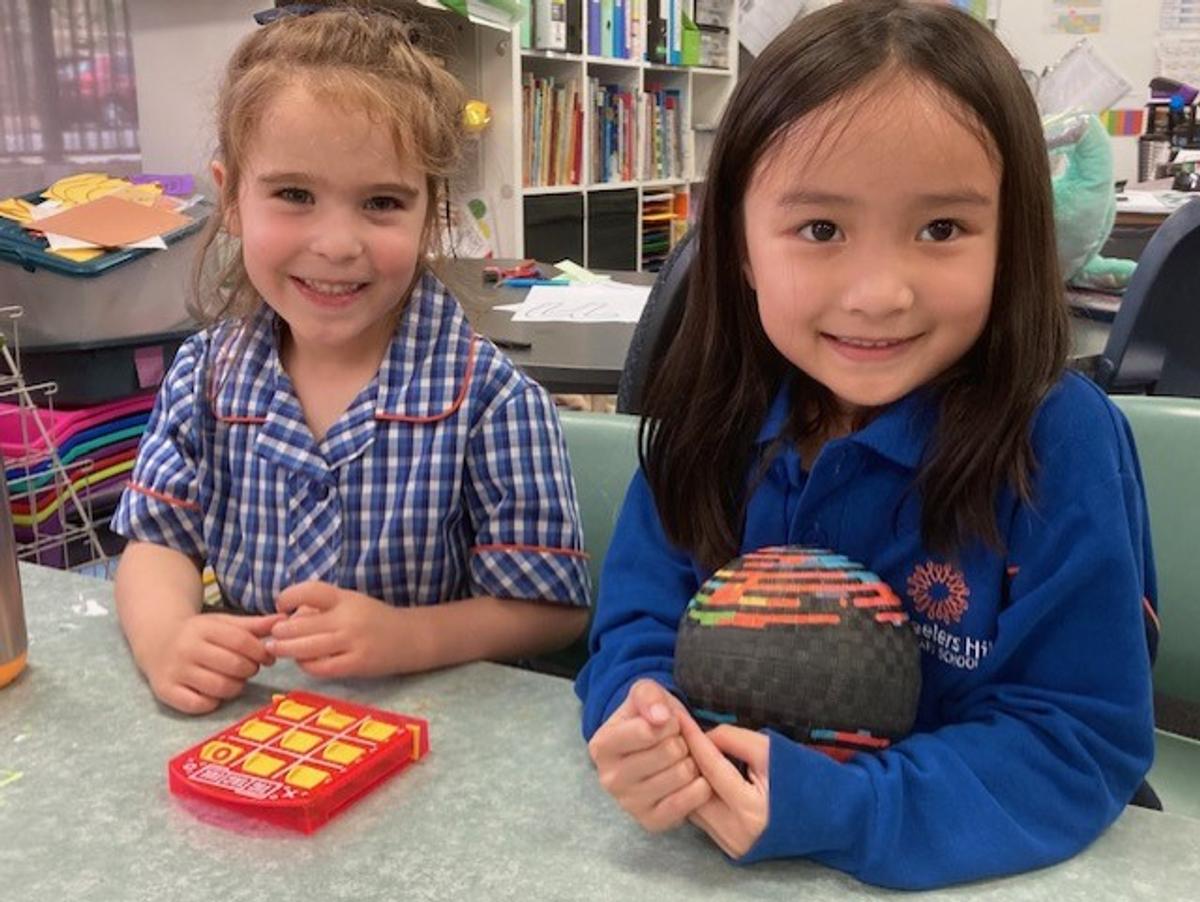
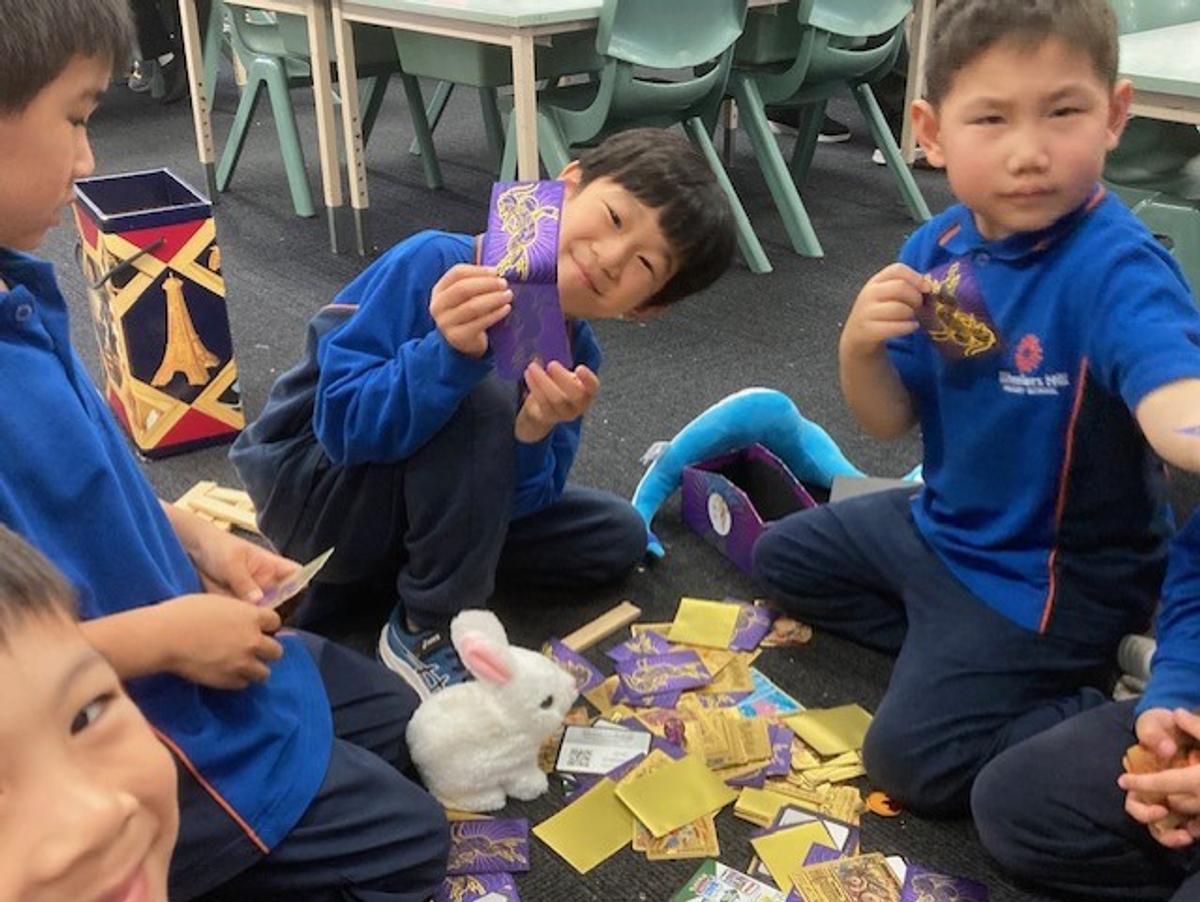
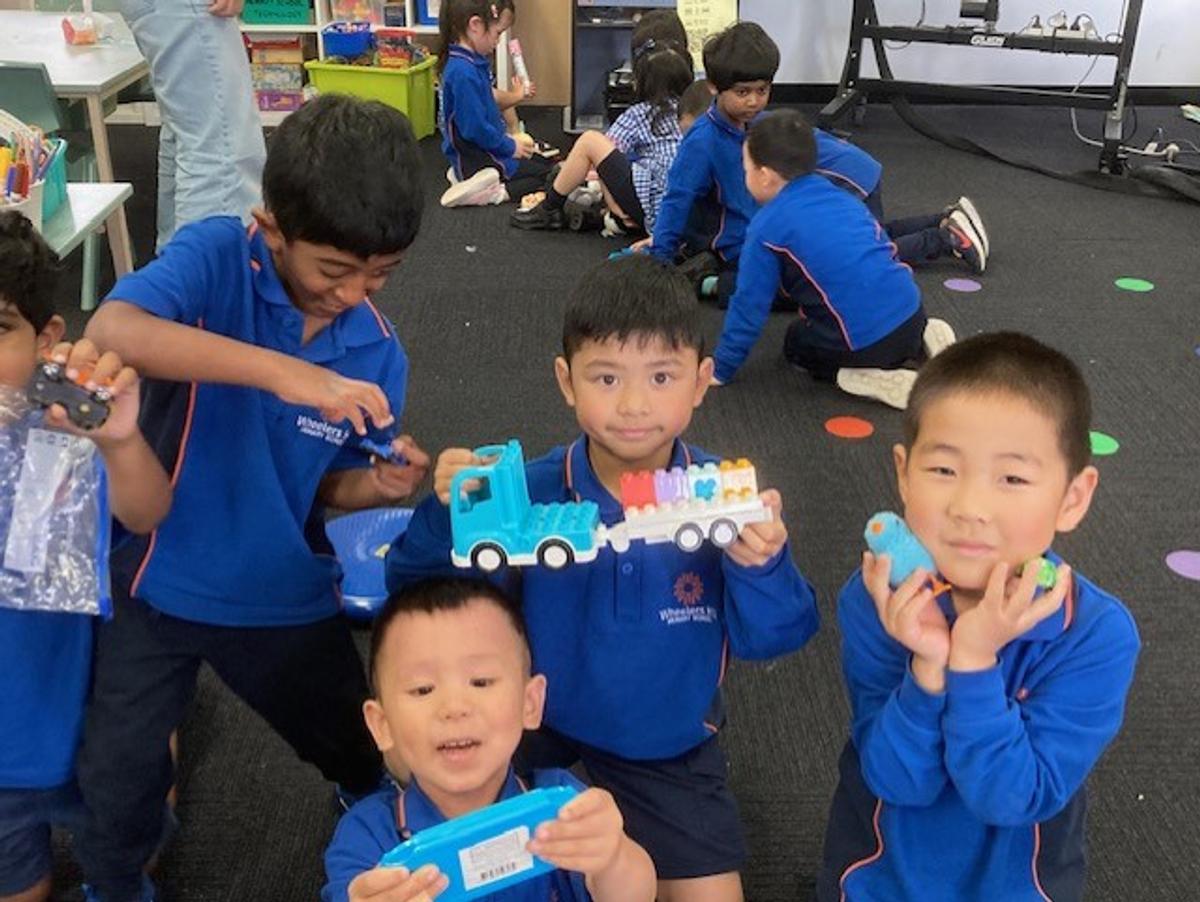
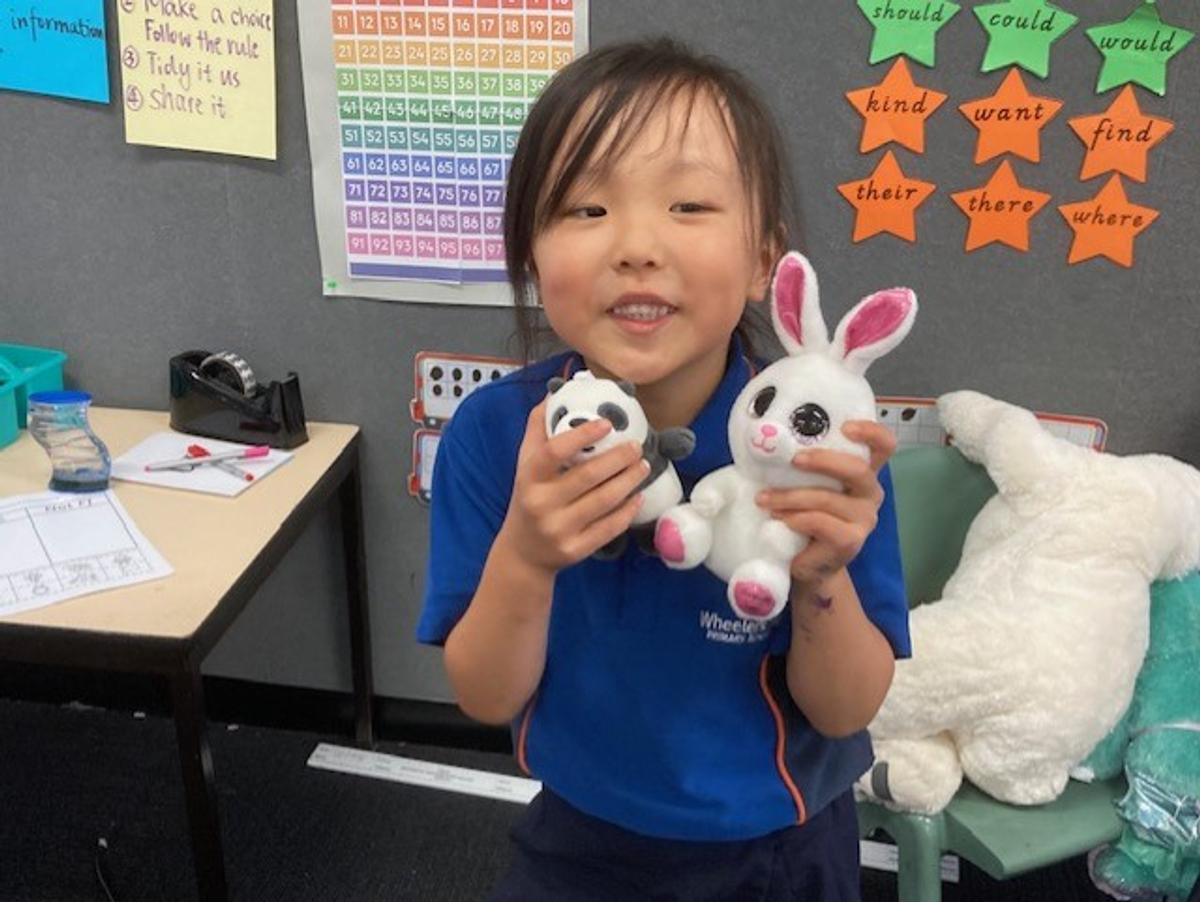
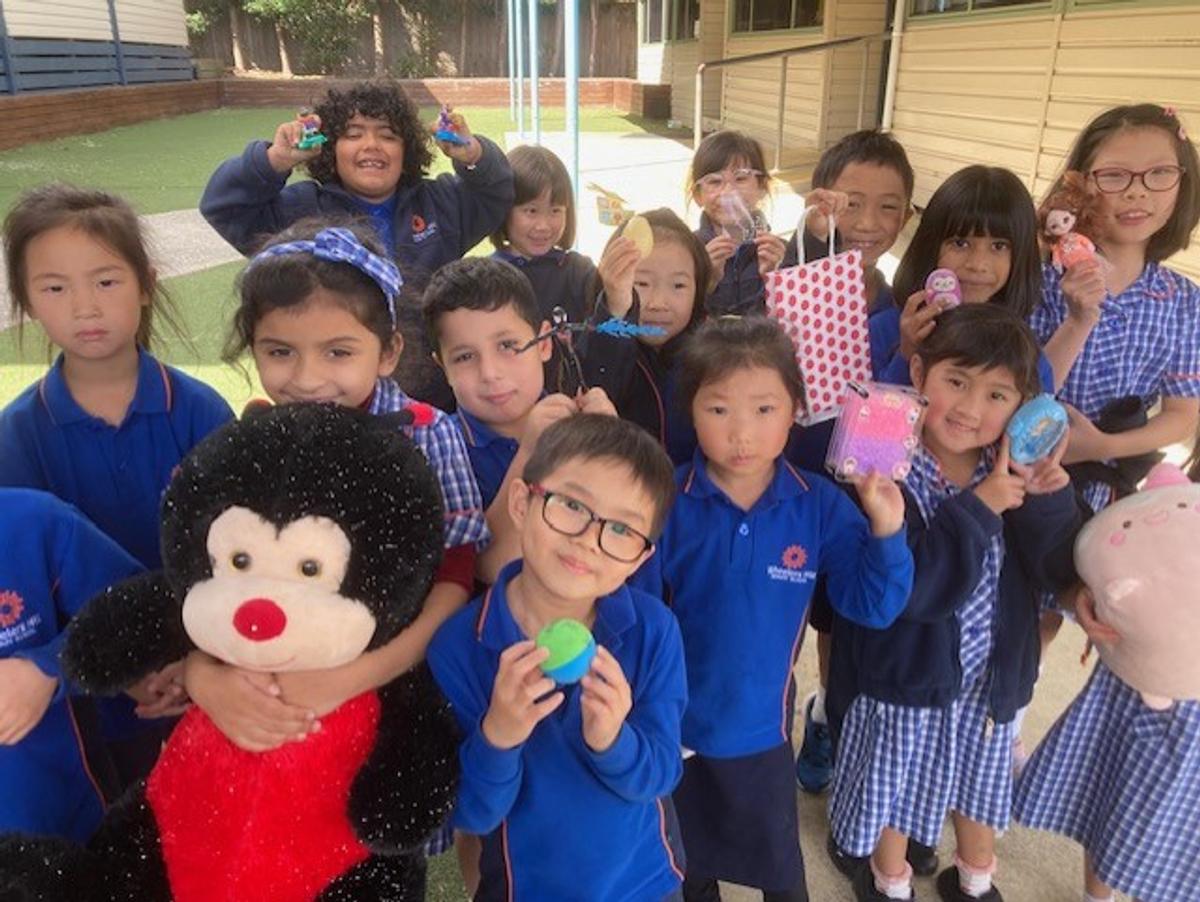
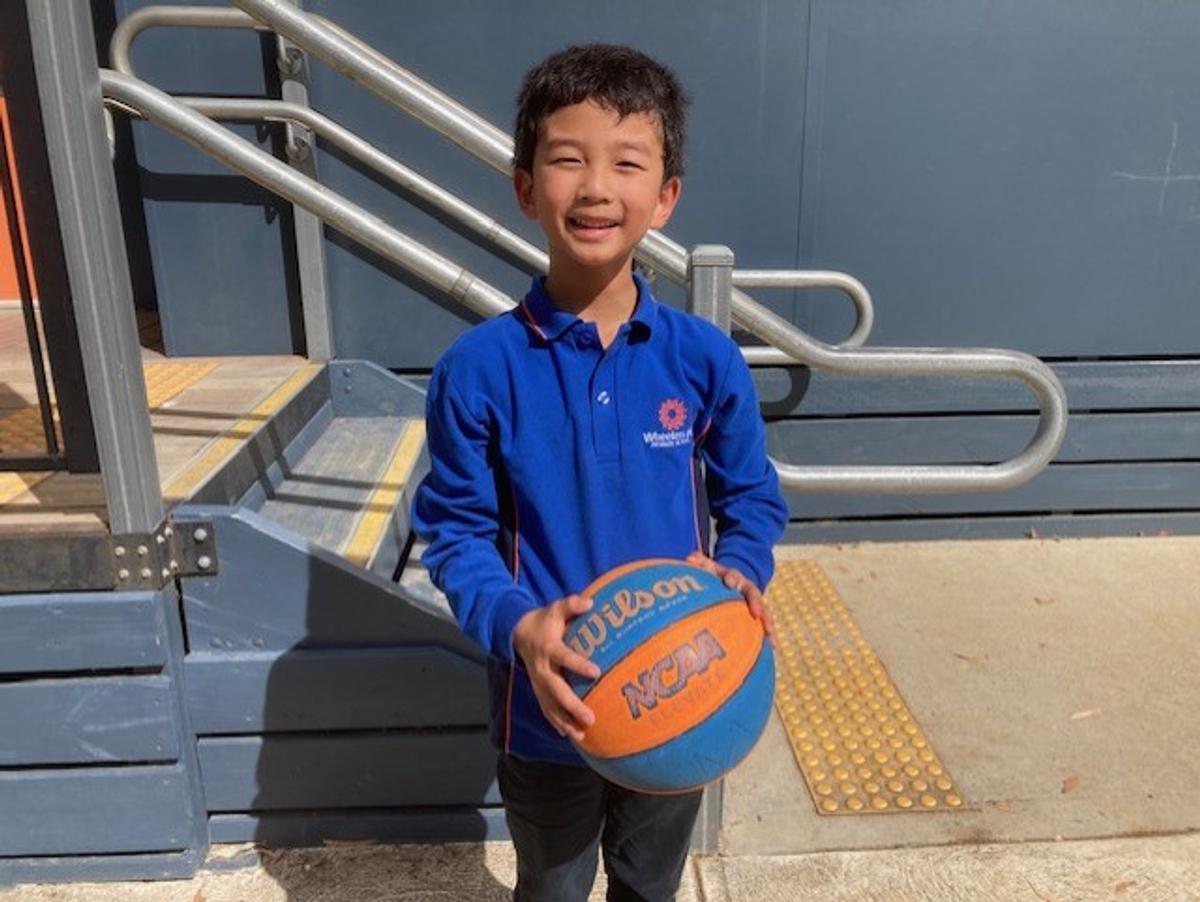
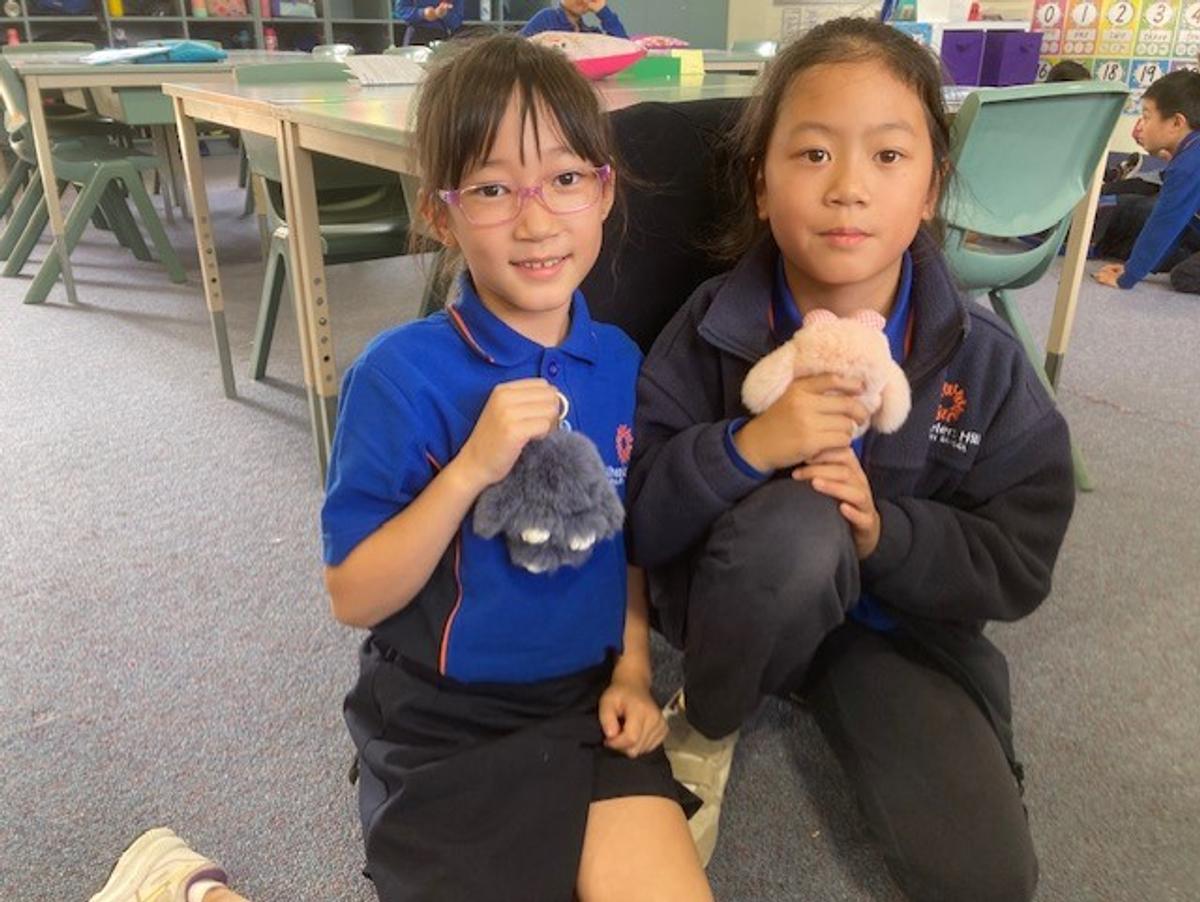
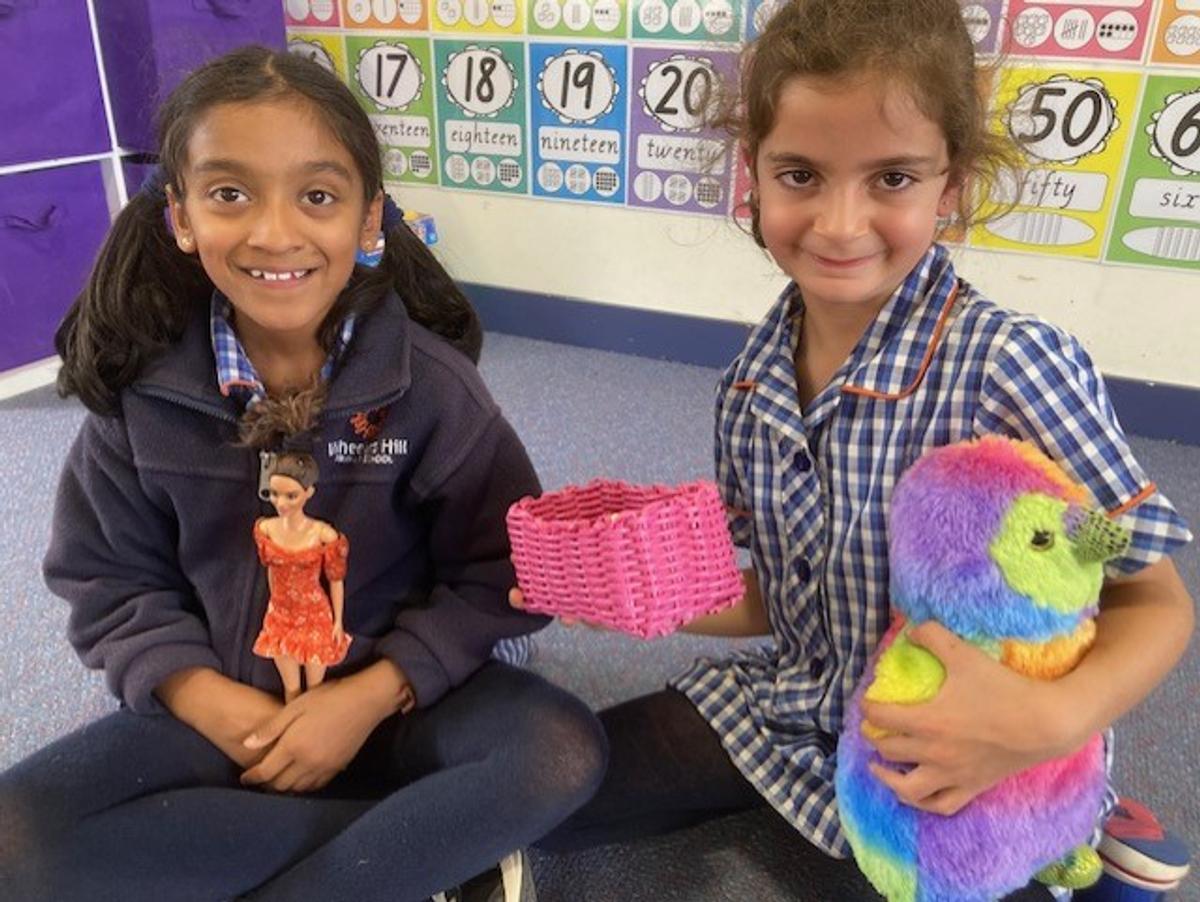
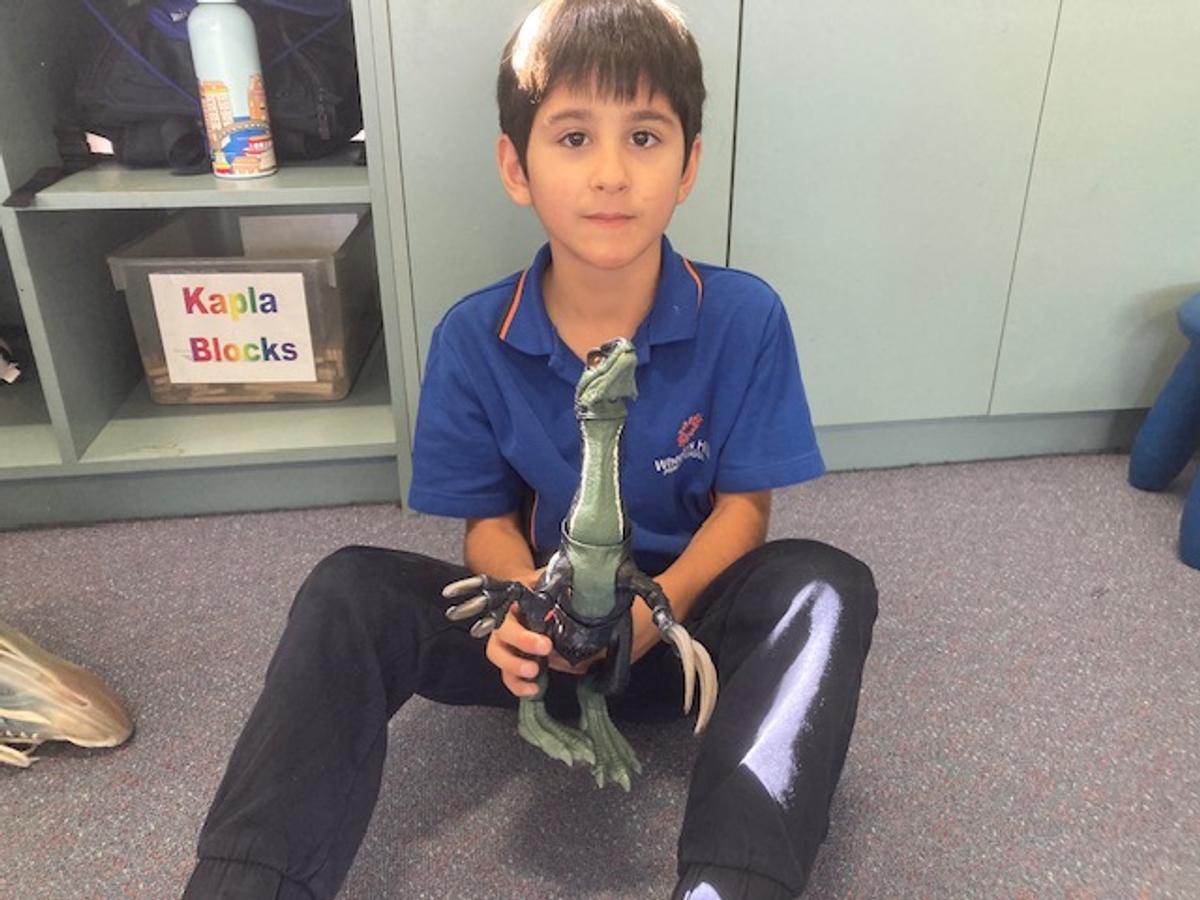
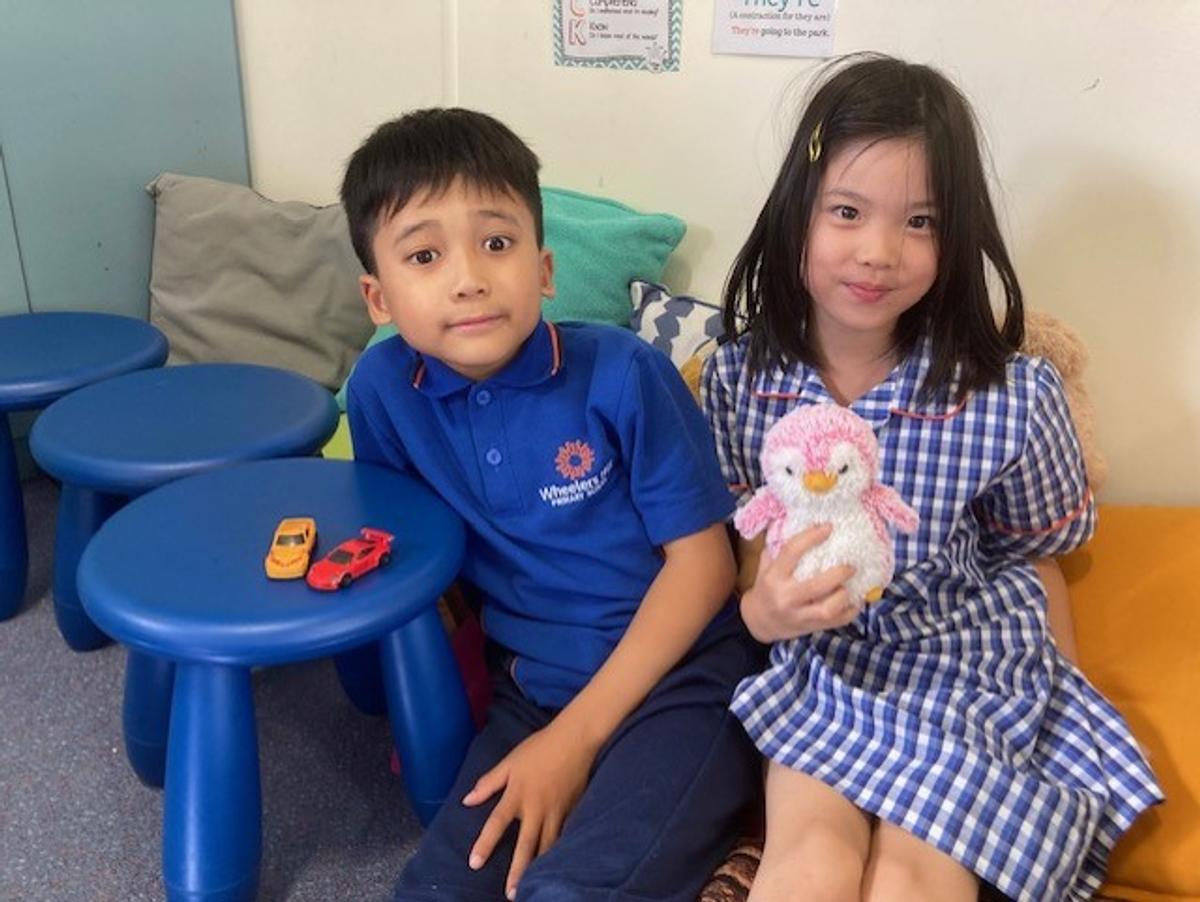










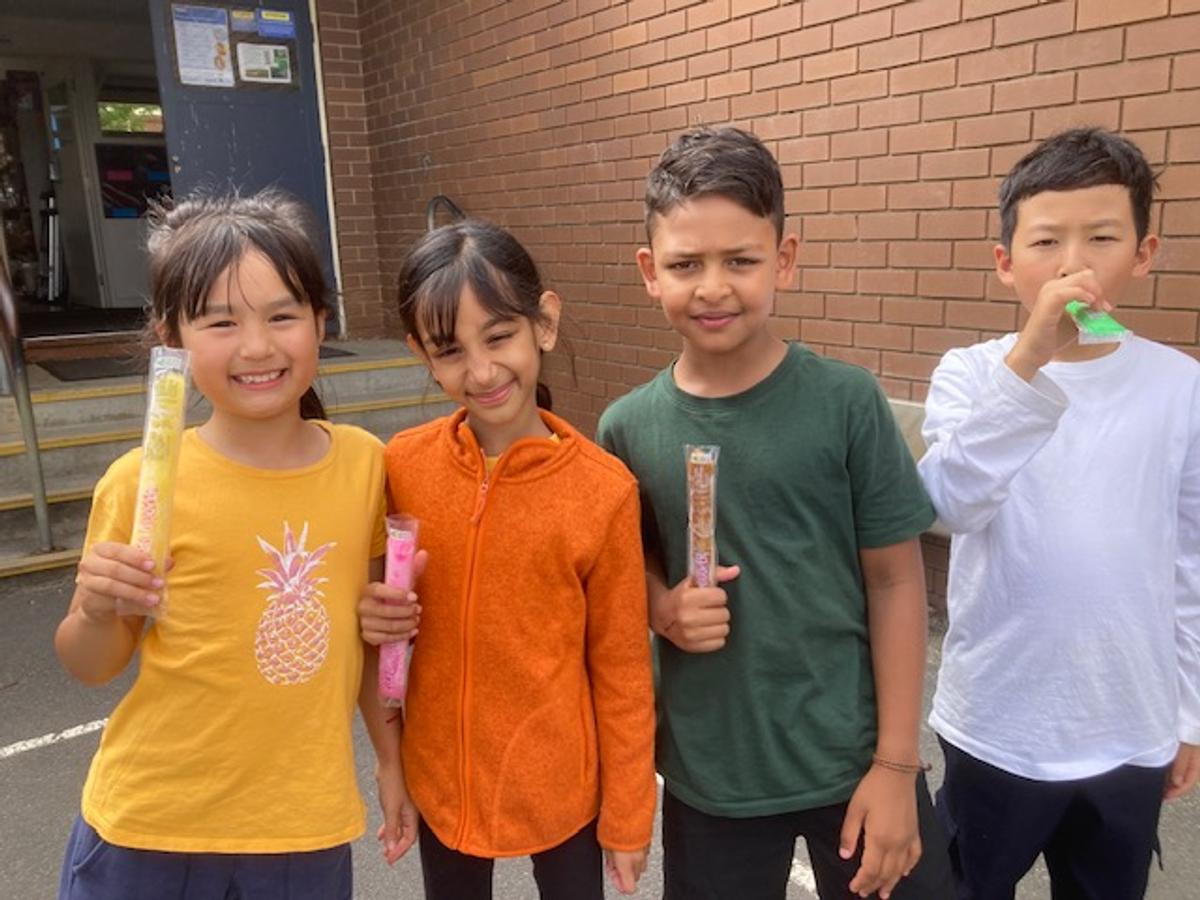
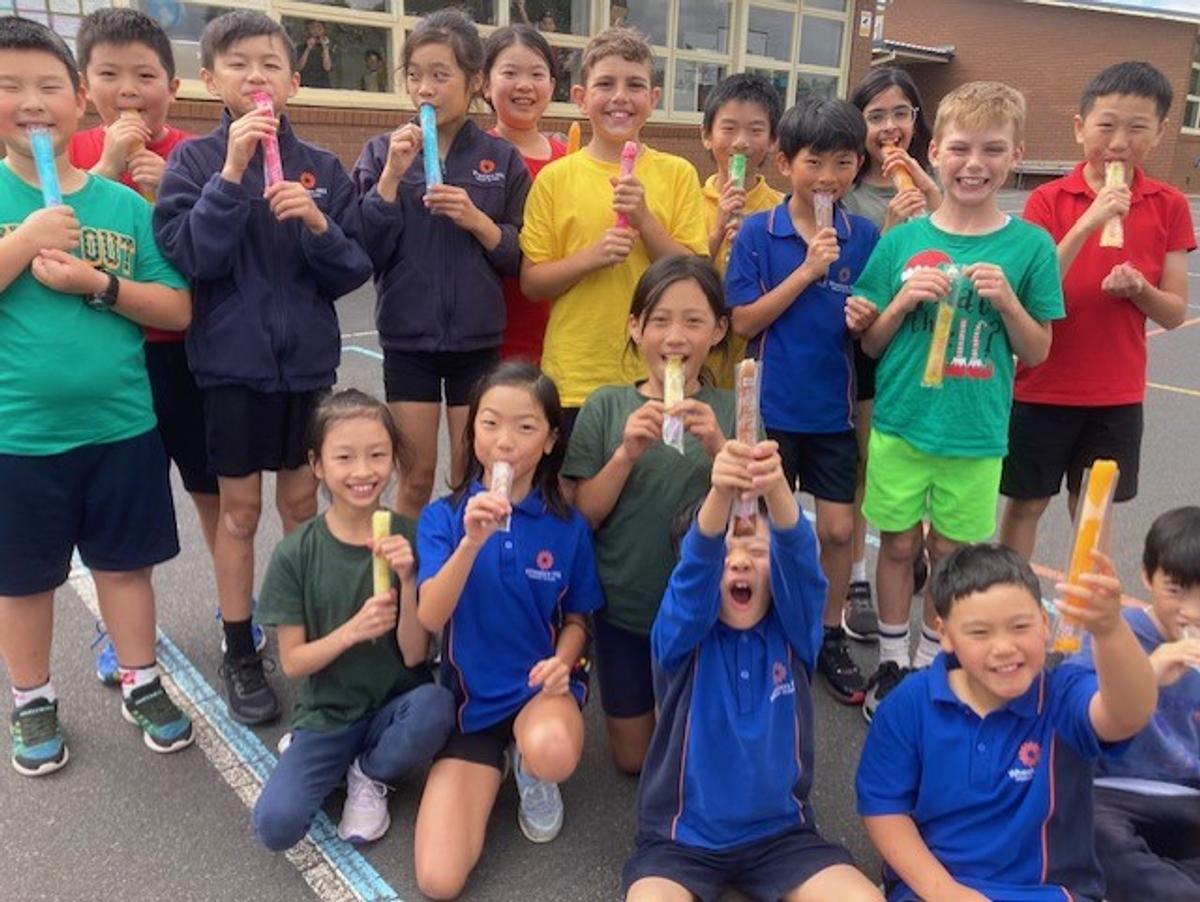
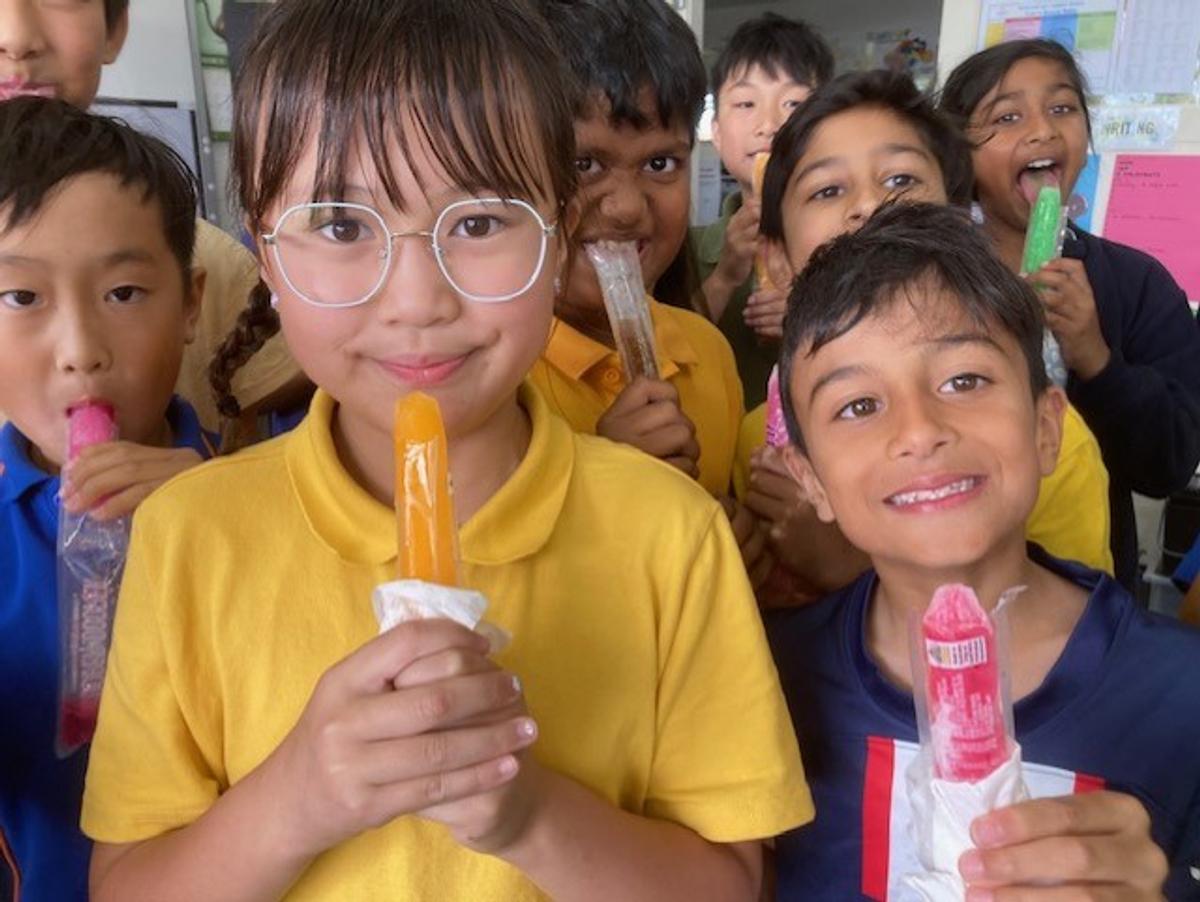
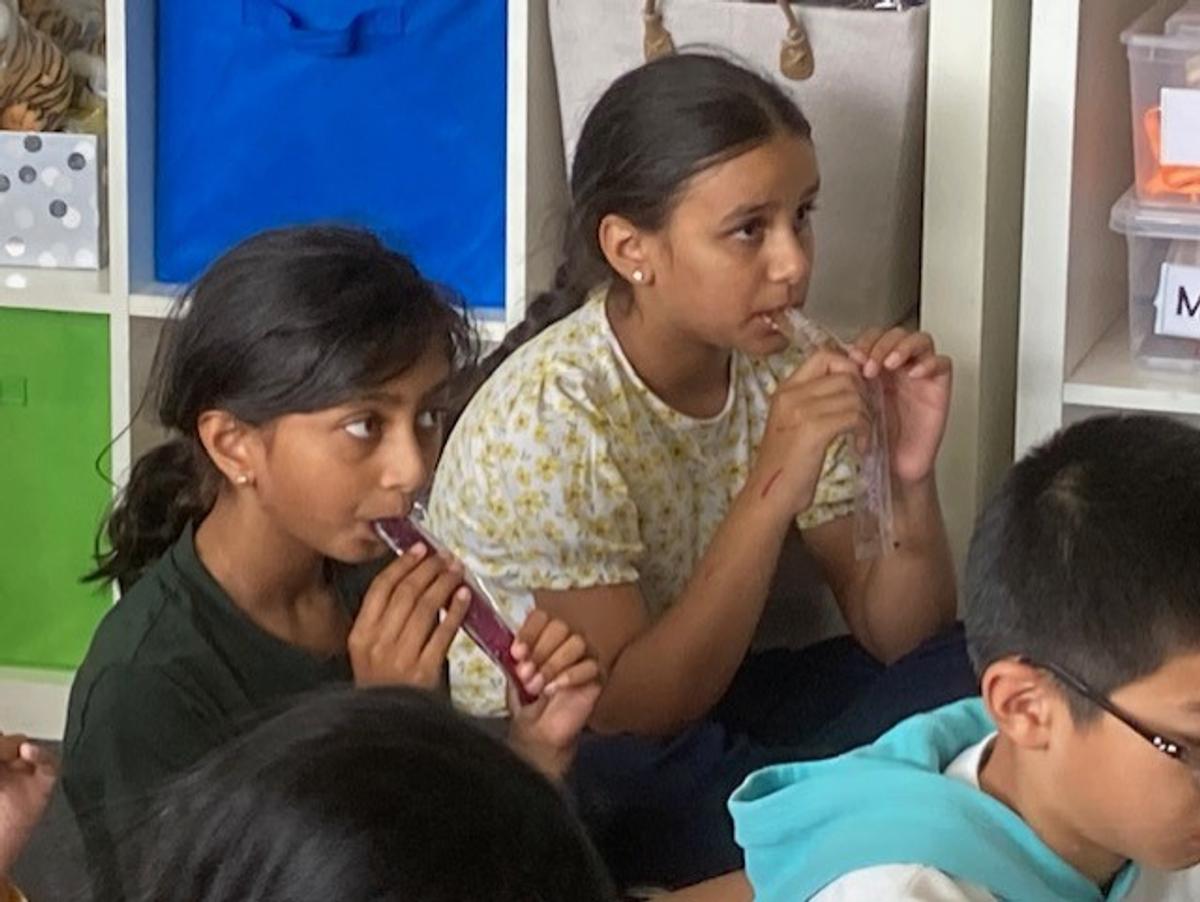
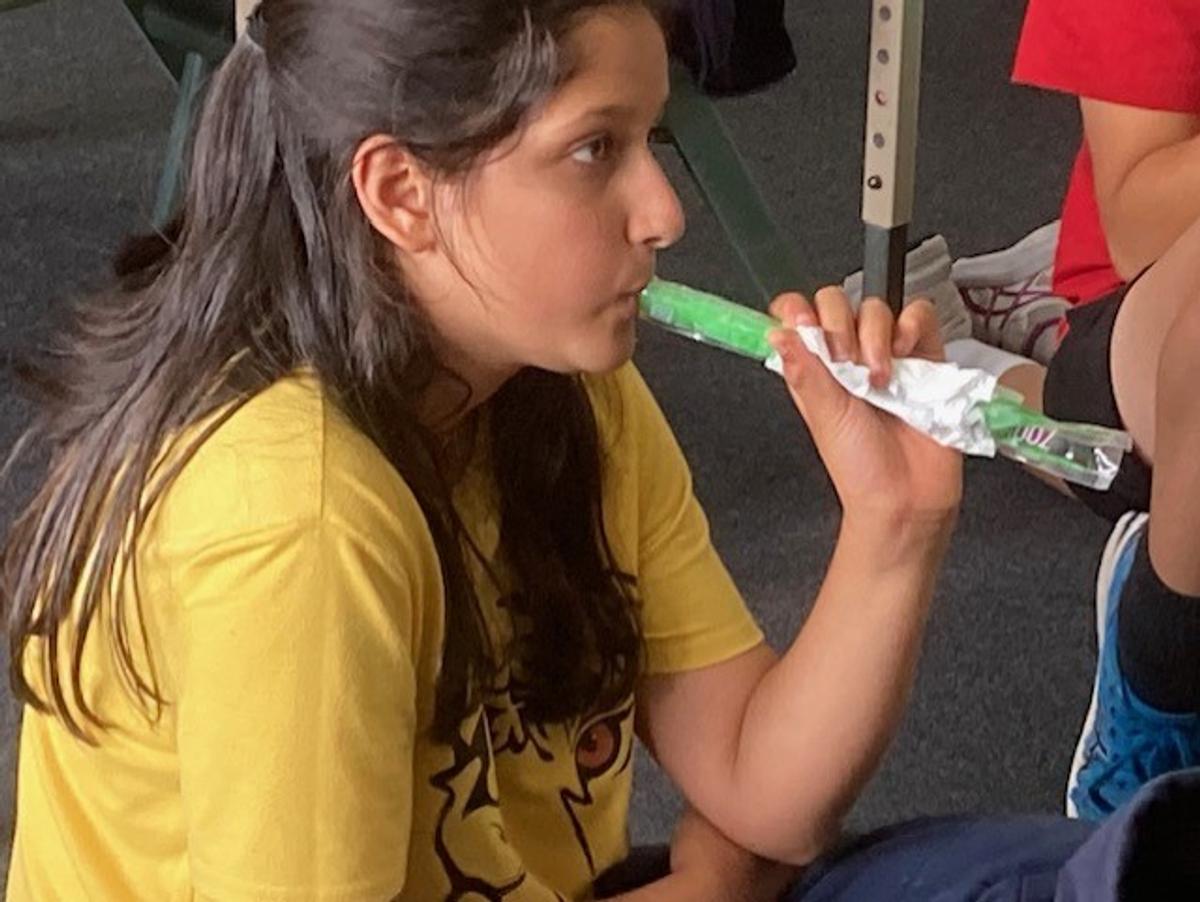
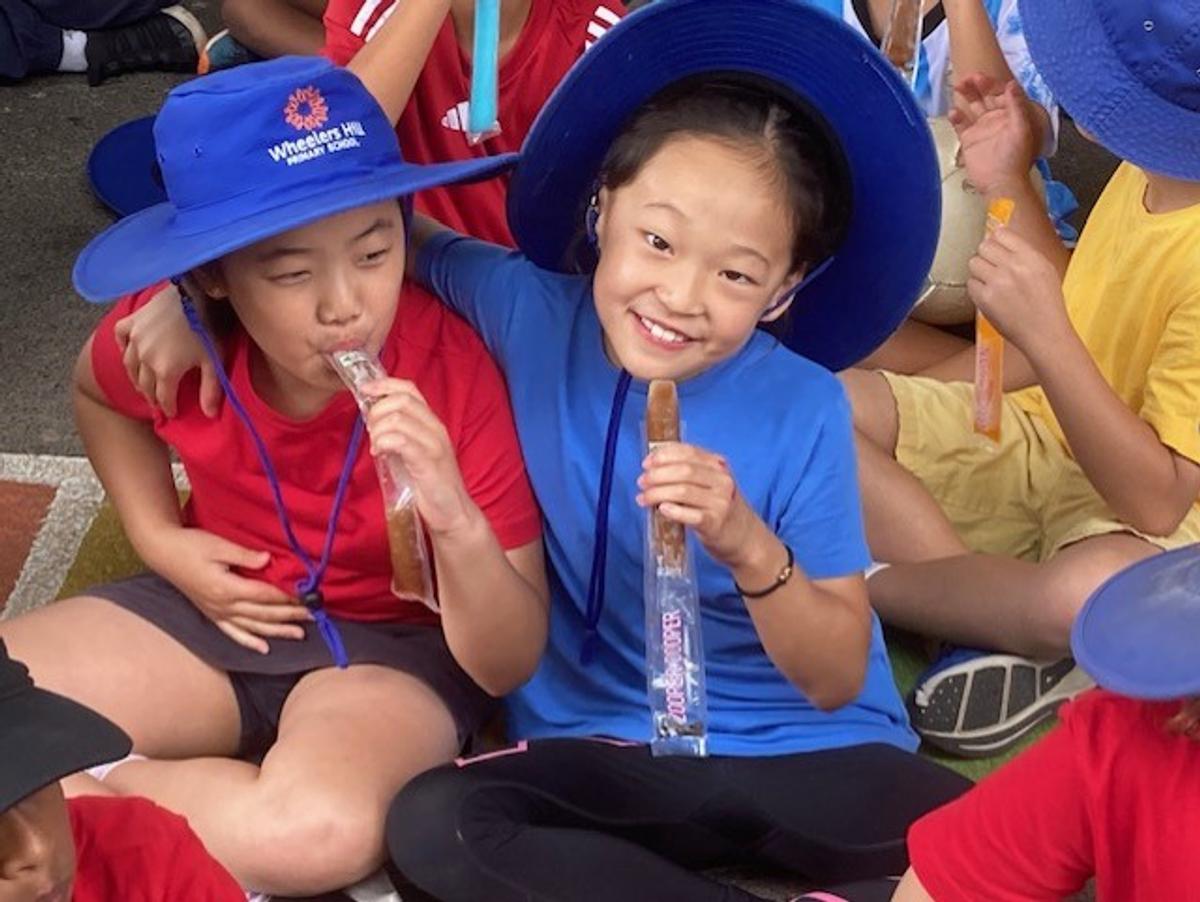
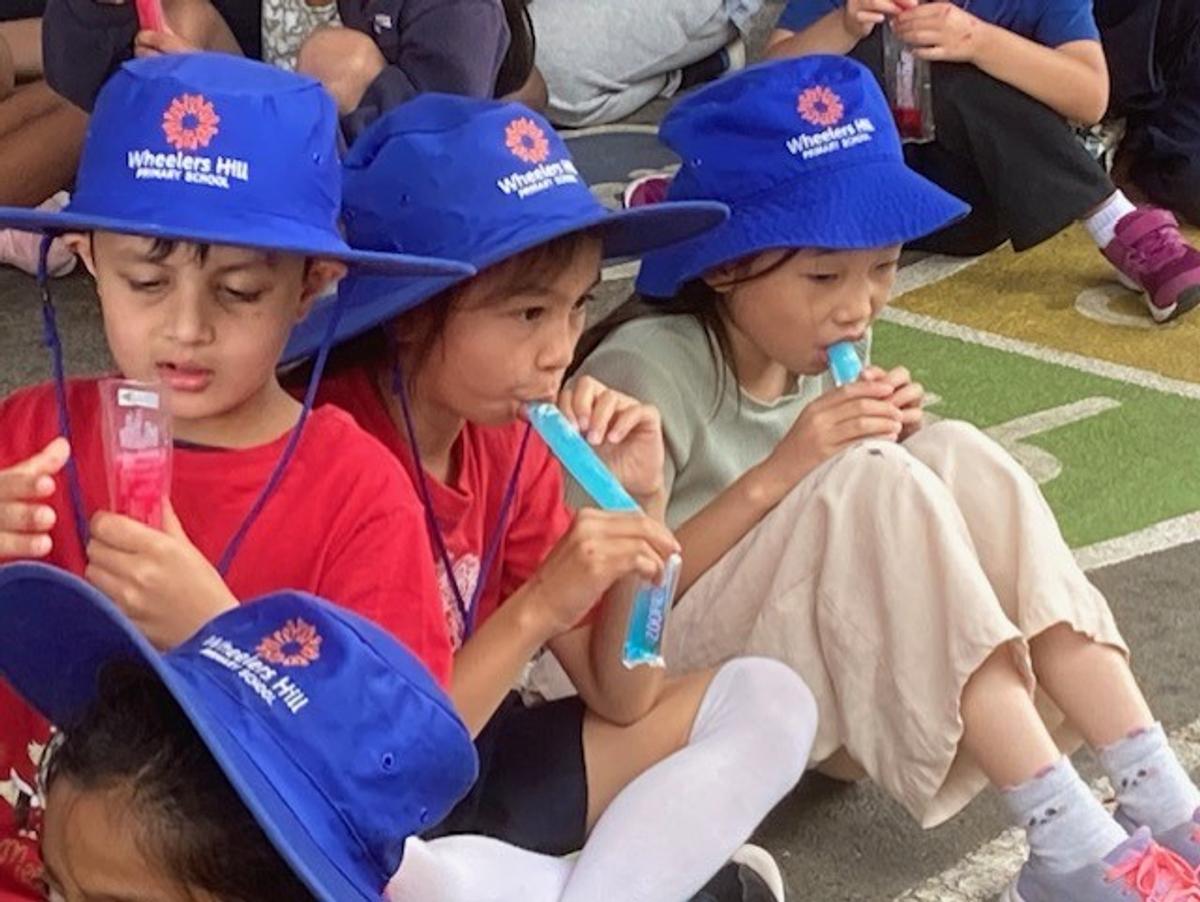







TERM 1 RECAP
As this term draws to a close, I have been looking through our calendar and have realised what a busy term we have had.


Here are some of the events we have had this term:
- Lion Dance Assembly to celebrate the Lunar New Year
- Swimming trials and district, zone and region swimming competitions, with some students making it through to the upcoming state swimming competition!
- NAPLAN
- A range of incursions and excursions
- Year 6 interschool sport and sports training
- 3/4 and 5/6 house athletics carnivals
- Assessment week
- Parent Teacher interviews
- Cross Country
- Harmony Day
It certainly has been a busy term!
I would like to wish all of our WHPS families a restful and rejuvenating holiday.
For those of you currently observing Ramadan and for those families who will be celebrating Easter this weekend, enjoy this special time with your family and friends.
I look forward to seeing everyone back at school on Monday, April 15th.
HAPPY FAMILIES WEBINAR - MAY 14TH at 7:00pm
Resilience - Developing Strength, Calm, & Kindness in our Kids


“How can I help my child be more resilient?” is a question Dr Justin Coulson often hears from worried mums and dads.
In this session, parents will learn the psychological secrets that build their child’s sense of identity, strengths, and growth mindset in order to perform better, be happier, and build resilience.
Based on Dr Justin Coulson’s best-selling book 9 Ways to a Resilient Child, this session shows parents how to help their children cope powerfully and positively with the challenges that life throws at them. This presentation is one of Justin’s most popular ones with powerful stories and illustrations that every parent can relate to. He explains the factors that help and hinder resilience, why common advice such as “toughen up Princess” just doesn’t work, and how competition and praise may undermine resilience.
To register for this webinar, log into the Happy Families website:
https://schools.happyfamilies.com.au/login/whps
Password: happywhps
Katrina Spicer
Assistant Principal for Wellbeing and Inclusion
katrina.spicer@education.vic.gov.au


By Dr Justin Coulson
In 1998, Dr Ross Green wrote a bestselling book titled, The Explosive Child. I interviewed him on The Happy Families podcast, and our discussions became some of our most listened-to conversations.
His philosophy: “Kids do well if they can.”
In my words: Competence. A challenging situation presents itself. Capable kids navigate it, often with confidence. If they’re not quite there but believe they can do it, they’ll go for it. But if they’re incompetent, they pull back. Feeling incompetent can lead to withdrawal or explosions. And they don’t do well… because they can’t!
Greene describes incompetence in a gentler way: lagging skills.
Lagging skills are the missing pieces in a child’s skill set, hindering their ability to meet the demands of the moment. These lagging skills are flexibility and adaptability, frustration tolerance, problem-solving and emotional regulation.
Let’s break them down:
Flexibility and Adaptability
A disrupted routine or inadequate time to prepare for a transition to a new activity (leaving the park, taking a bath, or switching off a screen) requires this skill. So does a change in plans. But it’s a skill that takes time, practice and support to develop. Its opposite: rigidity and tunnel vision.
Frustration Tolerance
When the bottom drops out, expectations are unmet, or delayed gratification is required, frustration tolerance is what stops an emotional outburst. It’s recognising things didn’t work out to my agenda, and then managing the frustration, expressing it appropriately, and thinking clearly.
High emotions = low intelligence. Frustration tolerance keeps emotions level and stable, and allow us (or our child) to sit in that emotion without acting rashly.
Problem Solving
Unpredictability, randomness and volatility are inescapably realities of most of our lives. Being flexible and adaptable and having frustration tolerance keep emotions stable and facilitate creative, broad thinking so we (and our kids) can solve problems effectively.
A parent’s fundamental job, besides keeping their child safe, is to help them learn to solve problems. How do they resolve a problem with a sibling? How do they navigate a friendship challenge at school? What is the best way forward with an academic question?
Emotion Regulation
Frustration tolerance is a crucial component of a much larger challenge: emotion regulation, which means expressing and suppressing emotions appropriately.
Our words matter. They shape our perceptions and build the world we live in.
Remember:
Your child isn’t ‘naughty’. They have some lagging skills that we can develop.
Your child isn’t trying to ruin your life. Kids do well if they can.
Your child isn’t an idiot or a pain. Your child doesn’t have the competence to get it right… yet.
Even if they’ve done it right before. Even if they’re laughing about it and you sense they’re being malicious. Even if they’re being disrespectful. Even if they’re insisting that they ‘can’t’.
When they’re suck:
Dr Greene’s ‘Collaborative and Proactive Solutions’ framework teaches parents to help children develop these skills (which often lag) in order to solve problems. You can listen to how he does this here or buy his book here.


Our school subscription to Happy Families allows access to the Happy Families website to all members of our school community.
Families can access the Happy Families website at: https://schools.happyfamilies.com.au/login/whps
Password: happywhps